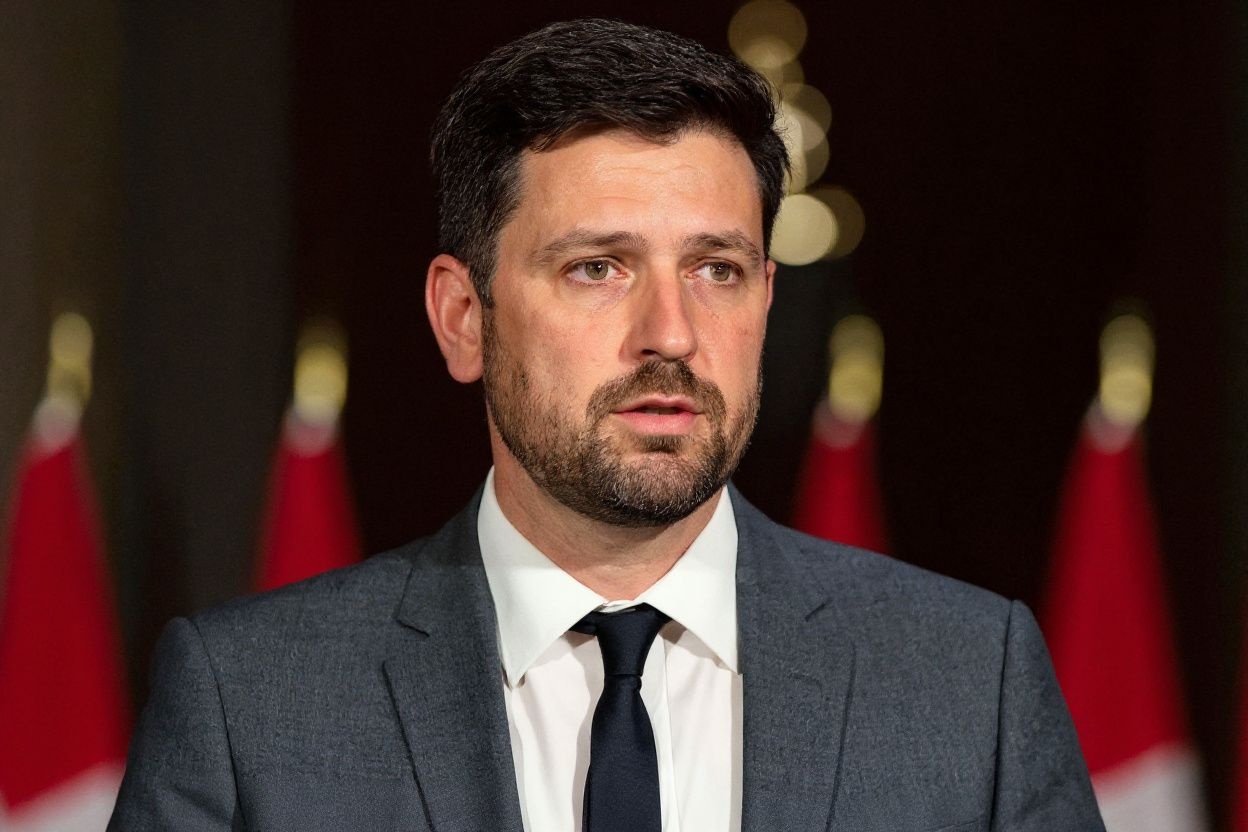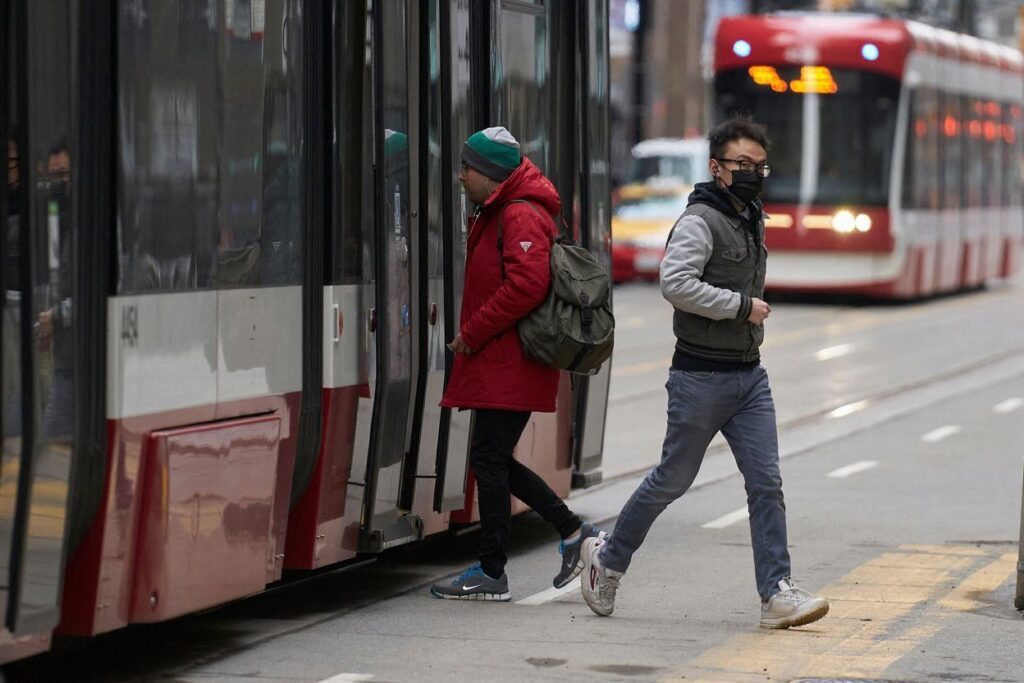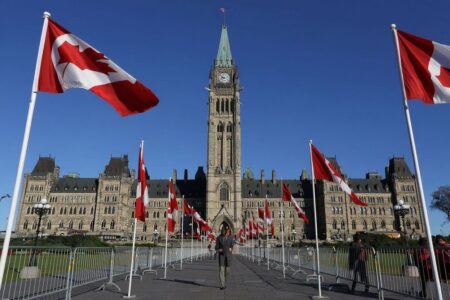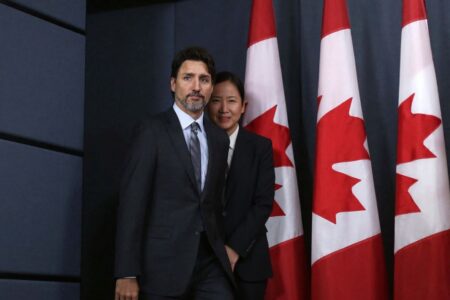
No one wants to hear delays on visas and permit issuance, yet that’s what applicants in Canada are facing at the moment. The latest news on immigration in Canada is seeing its massive application backlog escalating to over two million in numbers, according to data obtained from Immigration, Refugees, and Citizenship Canada (IRCC) by CIC news.
The inventory grew by almost 99,000 persons within a period of 18 days (April 11 to 29, 2022). Applications in the temporary resident category significantly added to the numbers, which consist of study and work permits, temporary resident visas, and visitor records, while the permanent resident category increased by 638 applications during that time.
Addressing the newly released data by IRCC, Immigration Minister Sean Fraser appeared before the Canadian Parliament’s Standing Committee on Citizenship on and Immigration on Thursday to take part in the committee’s backlog study. Applicants awaiting updates on their status might have to wait for months, as Fraser was reported saying that current backlogs will only subside in 2023, when processing standards are expected to return to normal.
 Minister of Immigration, Refugees and Citizenship Sean Fraser said efforts to modernise the immigration system are currently in place to expedite backlog applications.latest data, the number of PR hopefuls has gone up from 410,000 to 530,000 over the past two years. IRCC has managed to ease off its Express Entry backlog by 4,292 persons since mid-April this year after invitations were paused since September 2021. The Express Entry draw for economic class migrants under the Federal Skilled Worker Program (FSWP), the Federal Skilled Trades Program (FSTP), and the Canadian Experience Class (CEC) categories grants PR status based on a points-based system for candidates who meet all eligibility criteria. It is expected to reopen by early July this year.
Minister of Immigration, Refugees and Citizenship Sean Fraser said efforts to modernise the immigration system are currently in place to expedite backlog applications.latest data, the number of PR hopefuls has gone up from 410,000 to 530,000 over the past two years. IRCC has managed to ease off its Express Entry backlog by 4,292 persons since mid-April this year after invitations were paused since September 2021. The Express Entry draw for economic class migrants under the Federal Skilled Worker Program (FSWP), the Federal Skilled Trades Program (FSTP), and the Canadian Experience Class (CEC) categories grants PR status based on a points-based system for candidates who meet all eligibility criteria. It is expected to reopen by early July this year.
According to CIC, IRCC’s measures to expedite application processing entail adding more staff to its 11,000 employees, on top of digitising the immigration system with a budget of 827 Canadian dollars. The move has been effective in improving operations in the past few months, as it helped IRCC make 156,000 permanent residency applications in the first quarter of 2022.
News on immigration in Canada: Uncertainty for some international graduates
The waitlist has left many in Canada with temporary resident status — including international graduates with post-graduation work permits (PGWPs) — on immigration limbo. Just last month, IRCC announced a new open work permit for PGWP holders with permits expiring between January 31 and December 31 this year to continue working in the country.
“Starting in summer 2022, former international students who are in Canada and have a post-graduation work permit expiring between January and December 2022 will qualify for an additional open work permit of up to 18 months,” the official statement read. “We are exploring a simplified, expeditious process for this, and details will be made available in the weeks ahead.”
The new open work permit conditions left out many temporary residents who narrowly missed the mark for a shot to remain in Canada. “This is not fair. We are people as well, we were just unlucky that our work permits expired in December. Luck should not be a factor in the PGWP extensions. What is our fault?” Tara Emami, an Iranian graduate from the University of Toronto, who is ineligible for the open work permit as her PGWP expired in December 2021, was quoted saying.
 The conditions stipulated in the new open work permit planned for PGWP holders exclude many candidates who have been on the waitlist for a change in their immigration status to remain in Canada.one-time deal permitting international students who have graduated from Canadian learning institutions to work up to three years. It’s often the first step taken for a shot at PR eligibility under the Express Entry system, which requires at least one year of Canadian working experience for PGWP holders. Once the permit expires, they will need to apply for a change in status if their bid to become a new immigrant fails.
The conditions stipulated in the new open work permit planned for PGWP holders exclude many candidates who have been on the waitlist for a change in their immigration status to remain in Canada.one-time deal permitting international students who have graduated from Canadian learning institutions to work up to three years. It’s often the first step taken for a shot at PR eligibility under the Express Entry system, which requires at least one year of Canadian working experience for PGWP holders. Once the permit expires, they will need to apply for a change in status if their bid to become a new immigrant fails.
“We have done nothing wrong and yet we are not eligible for the past PGWP extension, this one, and by the time the Express Entry draws resumes, it’s going to be too late for us,” added Emami. “We need permanent resident status for all of us immediately.”










